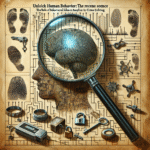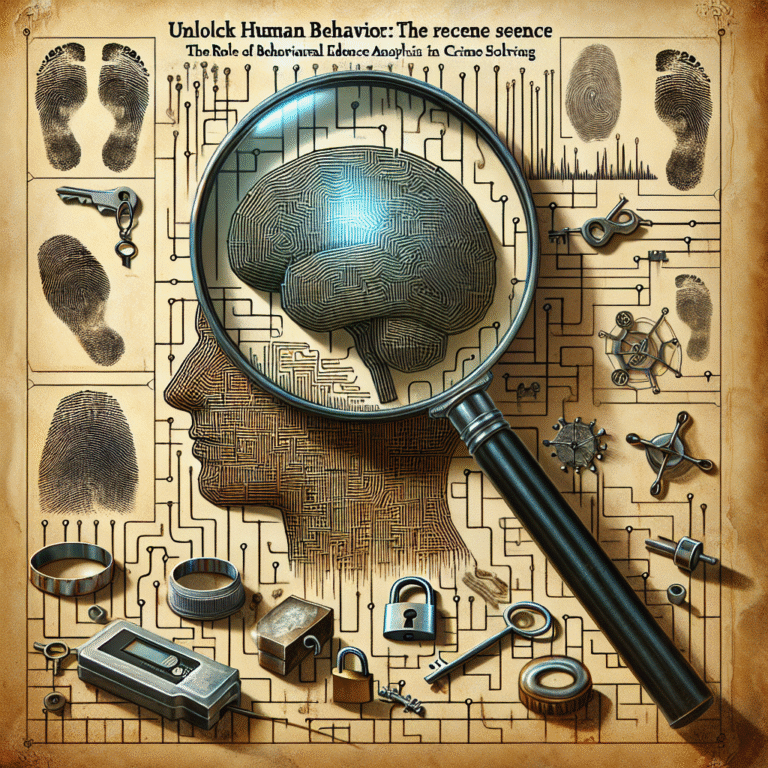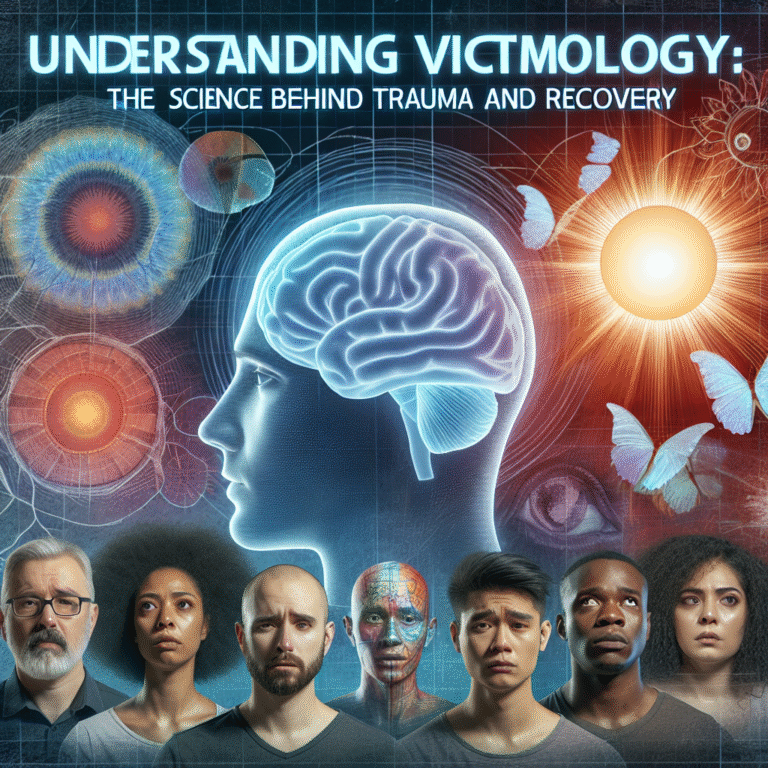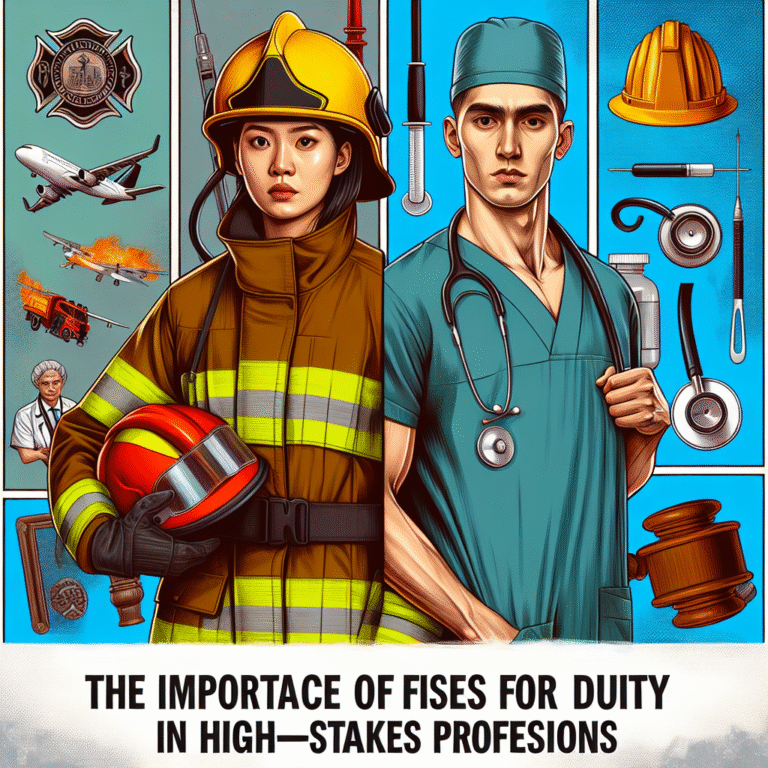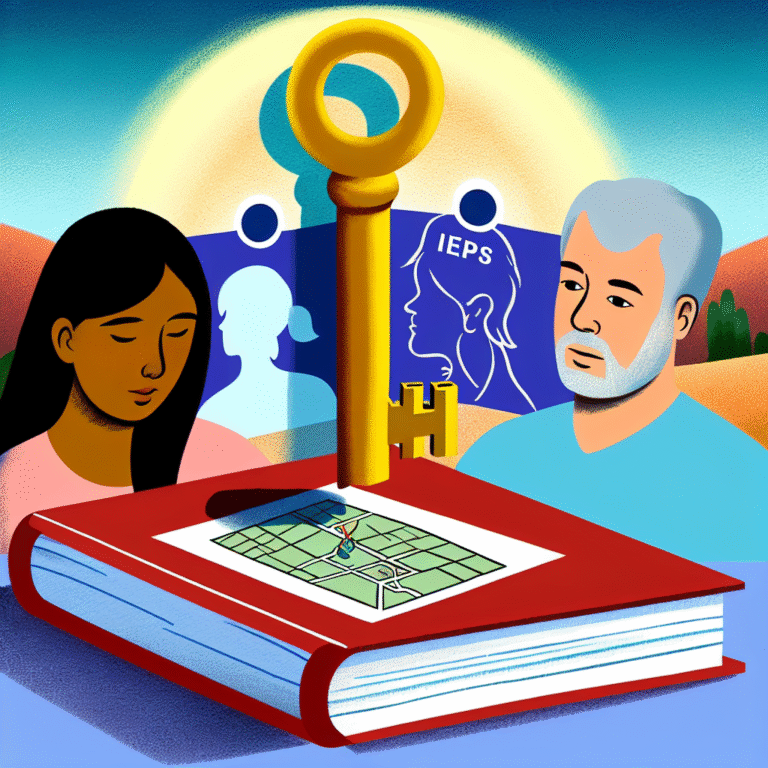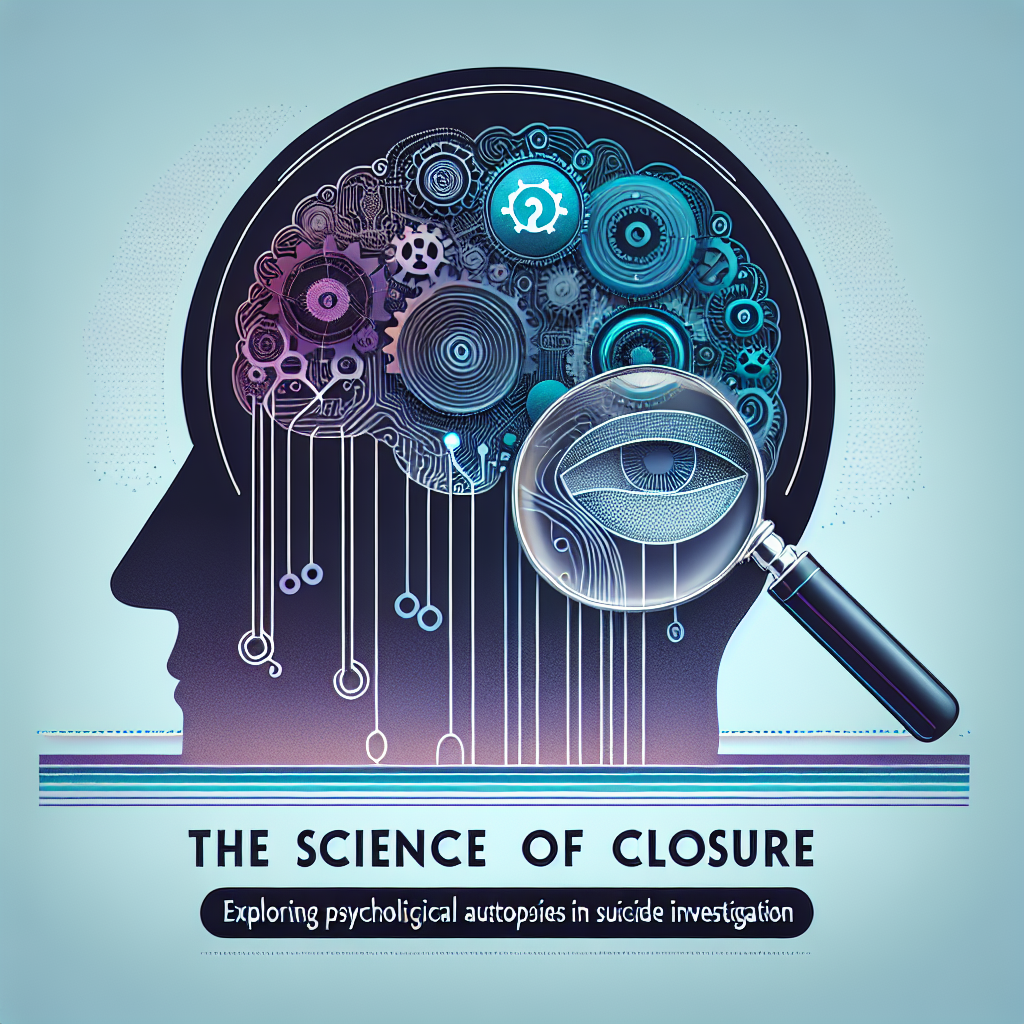
Introduction
Suicide remains a perplexing and tragic phenomenon that has haunted societies across the globe. Each death leaves behind a trail of grief, confusion, and unanswered questions. In search of understanding, families and communities often seek closure, a term that resonates deeply when faced with such devastating circumstances. This is where The Science of Closure: Exploring Psychological Autopsies in Suicide Investigation comes into play. Psychological autopsies serve as vital tools in piecing together the fragments of a life lost.
By delving into the mental states and circumstances surrounding a person’s suicide, investigators can illuminate pathways towards greater understanding. In doing so, they can also furnish the bereaved with essential insights that contribute to healing, thereby making this science invaluable.
The Need for Closure
The concept of closure is often idealized as a finality in emotional processing. For families grappling with the loss of a loved one to suicide, emotional closure can seem out of reach. Research shows that just understanding one’s grief can lead to better coping strategies, highlighting the importance of investigative measures like psychological autopsies.
What is a Psychological Autopsy?
Defined succinctly, a psychological autopsy is a retrospective investigation that seeks to find the mental state of an individual prior to their death. It involves synthesizing information from various sources, including interviews with family members and friends, analysis of personal documents (like diaries or social media posts), and medical records.
This method not only aims to reveal the psychological and emotional struggles faced by the deceased but also to identify the triggers and contributing factors leading to the tragic decision of taking their own life.
The Structure of a Psychological Autopsy
A well-conducted psychological autopsy consists of several key components that allow for a thorough examination of the deceased’s mental state.
1. Collecting Data
Primary Interviews
Interviews with immediate family members, friends, and colleagues form the crux of the data collection. Investigators seek to understand the individual’s emotional health, relationships, and any significant life changes occurring before their passing.
Secondary Sources
These include reviewing mental health records, medical histories, and any prior suicide attempts. Social media activity also offers valuable insights into an individual’s state of mind, revealing patterns of behavior and thoughts shared publicly.
2. Analyzing the Data
Once the data is collected, it undergoes thorough analysis. This step often includes categorizing psychological variables such as:
- History of mental illness
- Substance abuse
- Psychosocial stressors (e.g., relationship breakdowns, job loss)
- Personality traits (e.g., introversion, impulsivity)
3. Formulating Conclusions
The ultimate goal of The Science of Closure: Exploring Psychological Autopsies in Suicide Investigation is to draw comprehensive conclusions about the individual’s mental state leading to their decision to end their life. Investigators formulate psychological profiles that encapsulate their findings, offering clarity to grieving families.
Case Study: The Role of Psychological Autopsies
Case Study 1: The Tragic Case of "Sam"
Background
Sam was a 28-year-old man who, despite seeming successful in his career, had a history of depression that went unnoticed by many. Sam’s friends described him as a caring individual but spoke about perceived changes in his behavior over the months leading to his suicide.
Investigative Findings
Upon conducting a psychological autopsy, investigators discovered:
- An increase in Sam’s isolation; he had distanced himself from friends and family.
- Diaries indicating feelings of hopelessness and despair.
- Reports from close friends who noticed unusual mood swings.
Relevance
This case demonstrates how a psychological autopsy can reveal critical information about behavioral changes that, if understood earlier, might have led to intervention or support.
Case Study 2: The Story of "Jessica"
Background
Jessica, a 45-year-old mother of two, faced significant life challenges, including her husband’s recent layoff and a diagnosed anxiety disorder. Her family noticed that she had become increasingly withdrawn.
Investigative Findings
- Jessica’s social media posts revealed feelings of being overwhelmed and hopeless.
- Interviews highlighted her struggles with managing stress, alongside a history of untreated anxiety.
Relevance
Jessica’s case illustrates how emotional distress can culminate in a tragedy, pressing the importance of understanding psychological factors through autopsies.
The Importance of Community Involvement
Building Support Networks
The findings from psychological autopsies can pave the way for stronger community support networks. When families understand the mental health challenges their loved ones faced, they can initiate preventive measures, such as better access to mental health resources.
Case Example: Local Initiatives
Communities that have undergone such tragedies typically rally to develop programs aimed at mental health awareness. For instance, a city that lost several residents to suicide might create workshops teaching skills to identify warning signs, ultimately promoting the mantra “It’s okay to seek help.”
The Role of Health Professionals
Health professionals play a crucial role in maximizing the benefits gained from psychological autopsies. They should advocate for their practice to foster an environment that emphasizes the importance of mental well-being.
The Future of Psychological Autopsies
Advancements in Technology
With the advent of technology, the methodology of psychological autopsies could become more refined. Artificial intelligence and machine learning can analyze data more efficiently, presenting quicker results and recognizing patterns that human analysis may miss.
Training for Investigators
The field of psychological autopsies will benefit from increased training opportunities for investigators. Specialist workshops could focus on identifying risk factors and establishing rapport with families, ensuring that interviews are conducted in a sensitive manner.
Conclusion
The Science of Closure: Exploring Psychological Autopsies in Suicide Investigation illuminates the complex interplay between mental health and suicide. By piecing together the fragmented lives of those lost, psychological autopsies not only create pathways to understanding but also open doors to crucial preventative measures.
As more research is conducted, we learn that closure isn’t simply about finality; it’s also about insight, healing, and building a foundation for community resilience. Families and communities can emerge stronger when they possess the knowledge and understanding that come from investigating the psychological factors leading to these tragic outcomes.
FAQs
1. What exactly is a psychological autopsy?
A psychological autopsy is a thorough investigation designed to elucidate the mental state of a person who has died by suicide, primarily by gathering and analyzing both primary and secondary information regarding their emotional, social, and psychological circumstances.
2. Why is closure important in cases of suicide?
Closure provides families and communities with understanding, helping them cope with their loss. It can also lead to preventive measures and the identification of mental health resources that may reduce future tragedies.
3. Are psychological autopsies only done after suicides?
Primarily, yes. Psychological autopsies are specifically aimed at understanding the mental state surrounding a suicide, but their findings can inform broader mental health practices.
4. How can communities utilize findings from psychological autopsies?
Communities can create awareness programs, initiate support groups, and promote better access to mental health resources based on the insights gained from psychological autopsies.
5. Can psychological autopsies help prevent future suicides?
Yes, by identifying patterns, risk factors, and vulnerabilities, psychological autopsies can inform preventative strategies and resource allocation to help those in distress.
In the end, The Science of Closure: Exploring Psychological Autopsies in Suicide Investigation shows us the profound impact that understanding can have, not only on families but on entire communities. The quest for closure may never be complete, but through knowledge, we can strive for connections that ultimately save lives.


